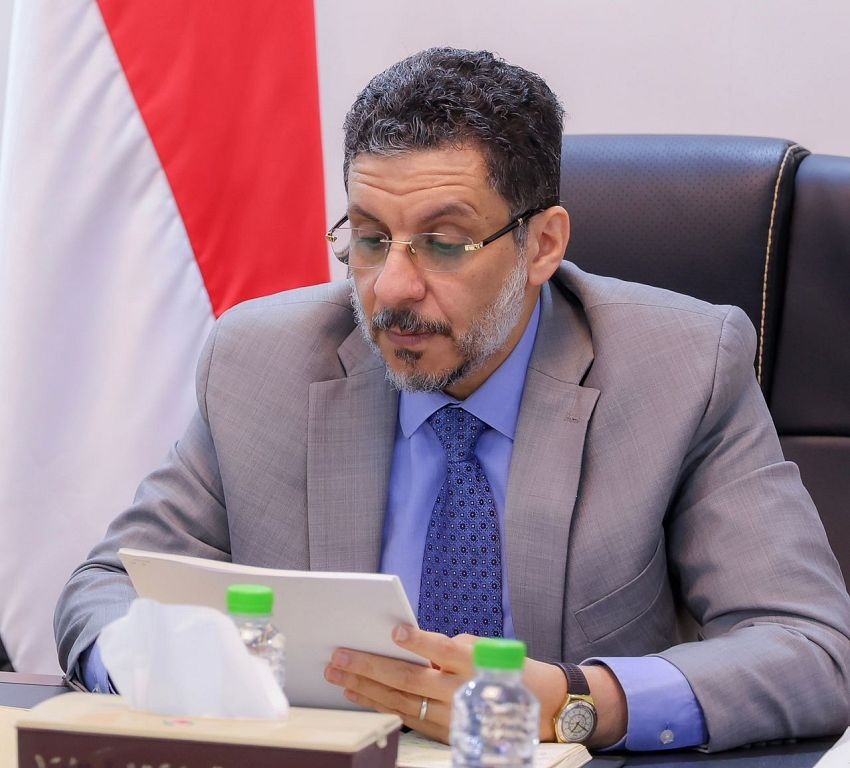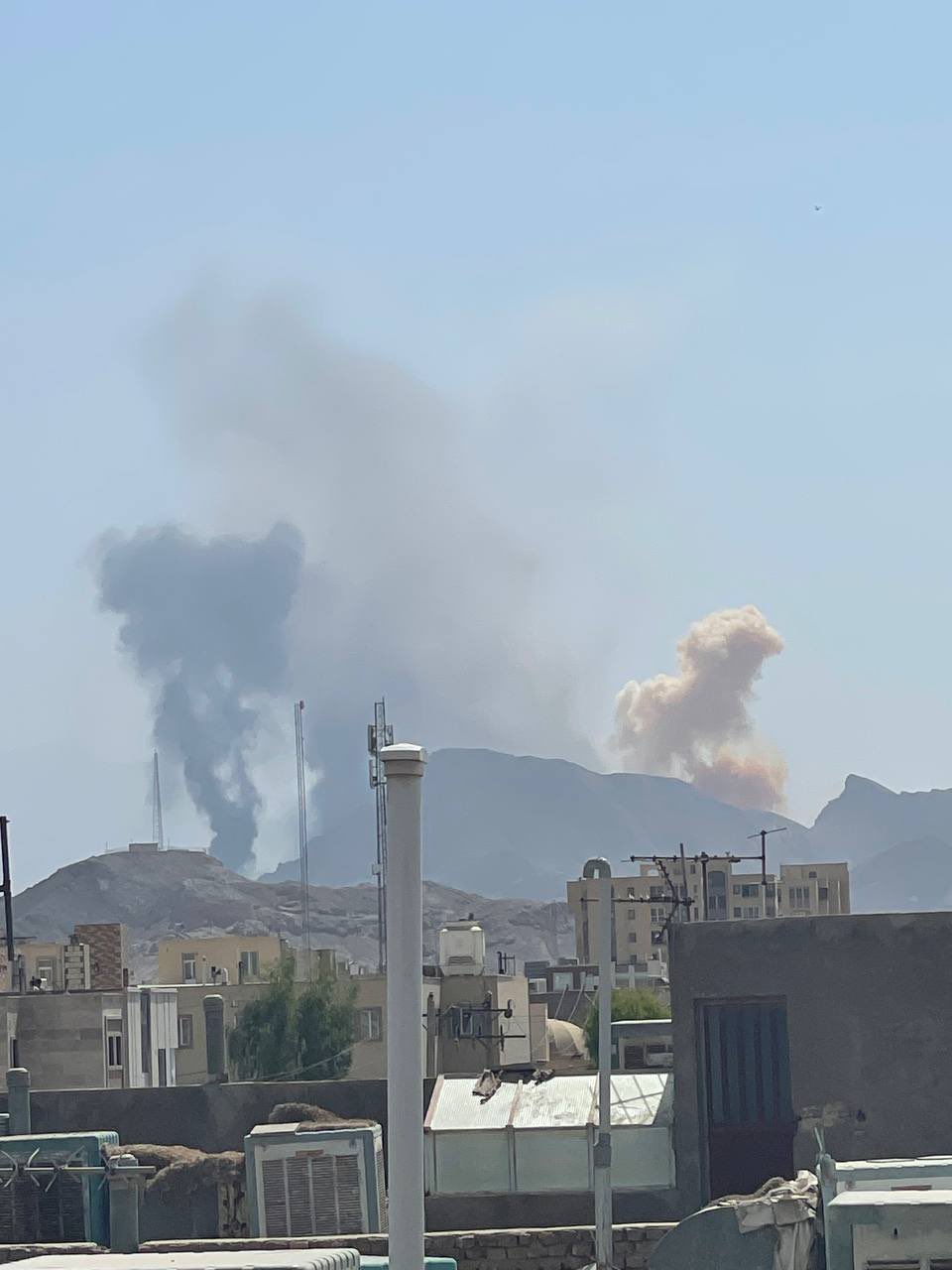
Barran Press
On November 12, 2024, Yemeni Prime Minister Ahmed Awdh bin Mubarak announced that the Public Prosecutor’s Office has initiated an investigation into the Aden Refinery, focusing on discrepancies related to a $180 million contract over the past nine years. He highlighted significant financial mismanagement that has cost the country billions.
In a televised interview with Yemen TV, bin Mubarak stated, “There are major flaws in the contractual details concerning this important institution,” referring specifically to the refinery issue. He emphasized that if proper accountability and transparency had been enforced from the outset, the country could have saved vast amounts of money spent on fuel imports due to inefficiencies in these institutions.
The Prime Minister indicated that his government has identified several key institutions that should support state revenues and has prioritized five main sectors for reform. He noted, “We have begun substantial collaboration with the Ministry of Finance in this area.”
Bin Mubarak pointed to the energy sector, mentioning that over 31% of government expenditures are allocated to purchasing energy derivatives. He revealed efforts to activate the procurement committee, achieving savings of over 40-45% in this sector.
Earlier, reports surfaced about the referral of two individuals to the Public Funds Court for allegedly harming the interests of the Aden Refinery and facilitating the misappropriation of public funds for a Chinese company’s project, which was deemed unnecessary.
The Prime Minister previously announced the referral of the Aden Refinery case to the Public Prosecutor’s Office, directing ongoing investigations to enhance oversight and accountability across government institutions. He stressed that the government would not tolerate any entity that fails to provide its financial data for review.
In February, bin Mubarak submitted a list of institutions for initial monitoring and review, reaffirming his commitment to implementing the recommendations of the Central Organization for Control and Auditing based on review outcomes.





